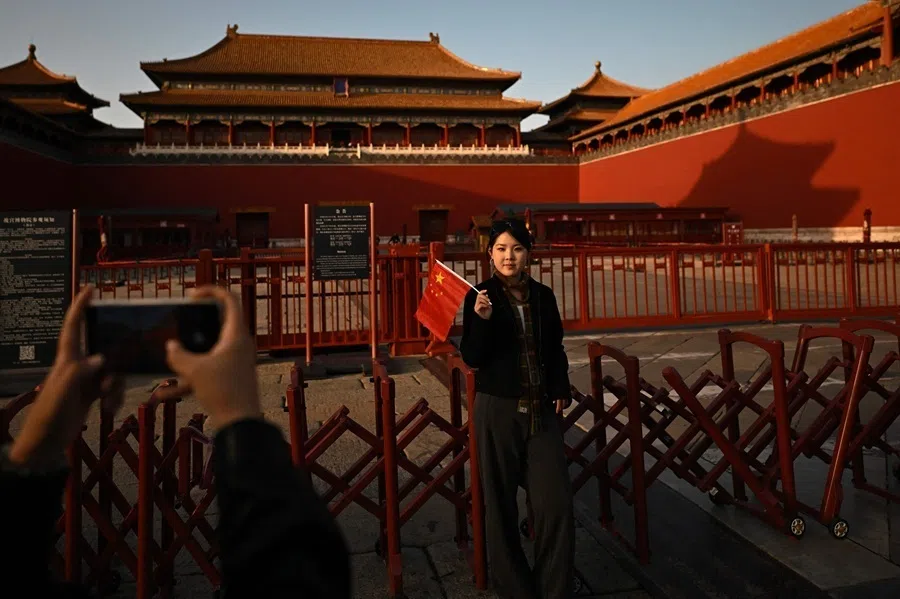Must one hate mainland China to love Taiwan?
Commentator Qi Dongtao gives his take on so-called radical Taiwan independence in Taiwan and popular support for armed reunification in mainland China, and how such forms of "patriotic nationalism" are making it difficult for both sides of the Taiwan Strait to come to an understanding.
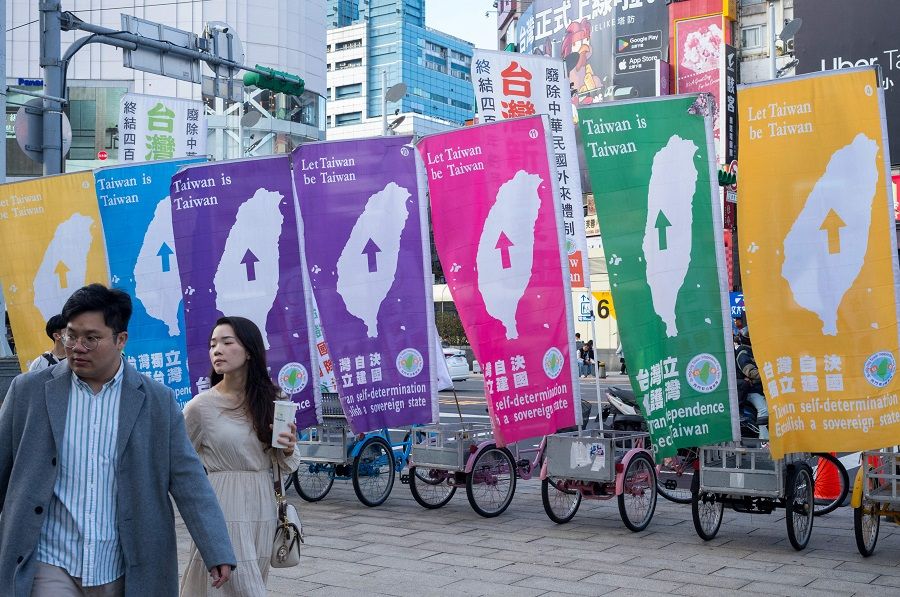
Nationalism gains momentum primarily by mobilising two of the most basic human emotions: love and hatred. Specifically, it is love for one's country and hatred for an enemy country. Theoretically, it is possible to distinguish between both emotions; for example, by referring to love for one's country as patriotism and describing hatred for an enemy country as nationalism.
But in reality, both emotions are often mixed together. For example, many people think that patriotism entails hatred of the enemy country, otherwise it is not true patriotism. Others even justify and spread their hatred of another country under the banner of patriotism. Perhaps one can call such love-hate emotions and behaviour "patriotic nationalism".
State of hostility
Over the past eight years, Taiwan and mainland China have been trapped in a state of hostility, and patriotic nationalism began to fester on both sides of the Taiwan Strait. With William Lai Ching-te set to be Taiwan's next president, cross-strait patriotic nationalism could radicalise. In Taiwan, "radical Taiwan independence" could re-emerge; in mainland China, public support for armed reunification could again intensify.
Although the slogan behind radical Taiwan independence is "love for Taiwan", the means of expression is invariably a hatred for all groups that they think do not love Taiwan, and especially a hatred of mainland China. In the same manner, while armed reunification is also driven by patriotism, it advocates the use of force to express such love, or rather, the use of force to express hatred for Taiwan independence.
Radical Taiwan independence will tear Taiwan apart, while public support for armed reunification will put the mainland Chinese government in a dilemma.
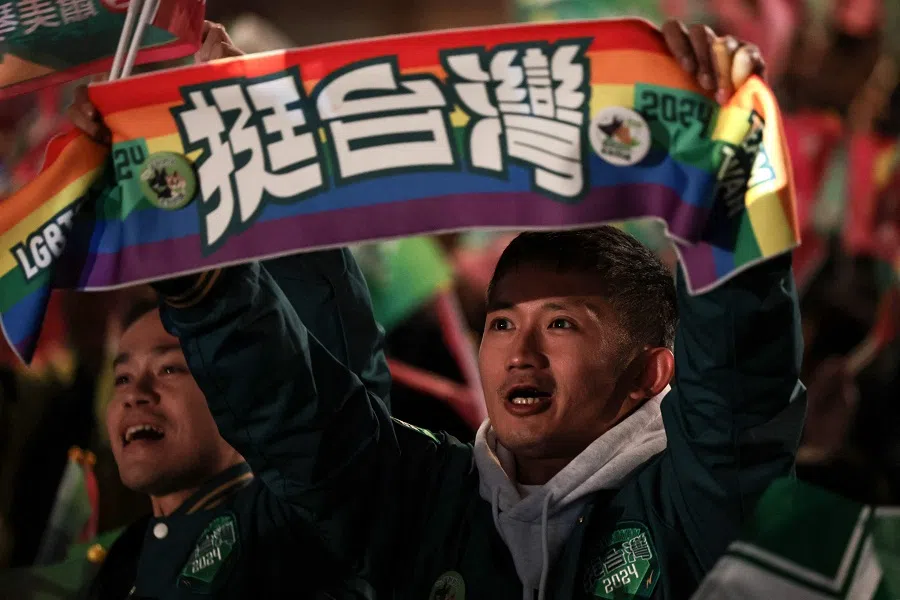
International media is paying close attention to the Taiwan Strait, lest the battle between Taiwan's radical Taiwan independence and the mainland's public support for armed reunification enter a vicious circle to the point of confrontation, affecting the global economy, the geostrategic landscape of some countries, and various countries' interests in Taiwan and mainland China.
Who truly loves Taiwan?
On both sides of the strait, be it radical Taiwan independence tendencies or public support of armed reunification, even if the situation has yet to reach the stage of military conflict, it will still bring about major adverse impacts on both sides. Radical Taiwan independence will tear Taiwan apart, while public support for armed reunification will put the mainland Chinese government in a dilemma.
When former Taiwan President Chen Shui-bian pursued radical Taiwan independence during his second term in office, I happened to be doing research in Taiwan and witnessed for myself how radical Taiwan independence tore Taiwan society apart. When sorrow and resistance in Taiwan society was stirred up by various radical Taiwan independence policies, love for Taiwan turned into hatred of the enemy and those whom they believed did not love Taiwan.
Because Chen and the Democratic Progressive Party (DPP) believed that they were the only ones who loved Taiwan the most, those who did not support Chen and the DPP do not love Taiwan, that is, since Chen and the DPP monopolised the way Taiwan should be loved, all other ways of loving Taiwan were not real expressions of love for Taiwan.
Apart from mainland China, the first group of people categorised as not loving Taiwan within the island itself were the waishengren (外省人).
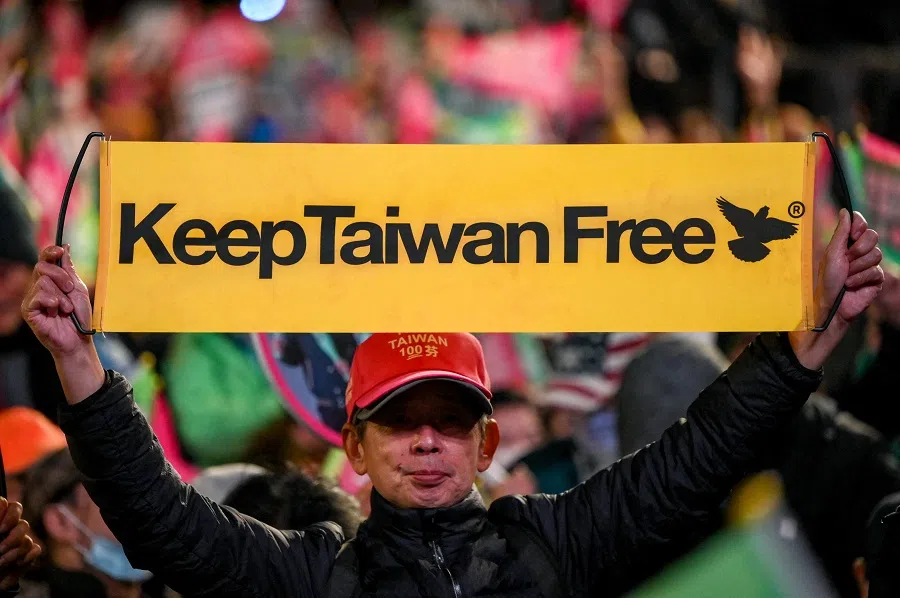
Apart from mainland China, the first group of people categorised as not loving Taiwan within the island itself were the waishengren (外省人, mainland Chinese who migrated to Taiwan after the end of WWII in 1945 and largely after the Chinese Civil War in 1949) who bore "original sin". At the same time, the "11 DPP bandits" who often disagreed with Chen were also categorised by the deep greens as not loving Taiwan.
Feeling unsafe in Taiwan
Back then, Taiwan's internal conflicts were not only seen in the Legislative Yuan but had also spilled over into the civil society among different ethnic groups; during the elections, mainland China was attacked on all sides. I was in Taipei at the time and saw on television news footage of a woman screaming at an old veteran (a waishengren) to "return to the mainland". Infuriated, the old veteran raised the umbrella in his hand to hit the woman.
A friend of mine who was pursuing a doctorate at the time is a second-generation waishengren. Unable to tolerate the increasingly open and intense discrimination against waishengren in Taipei, my friend fled to Southeast Asia for a year to do some research. Another xiangsheng (crosstalk) artist told me that he often feels discriminated against when he talks to people on the phone because of his Beijing accent.
As for myself, the first time I ever felt terrified since coming to Taiwan was on the evening of a campaign rally of a certain DPP candidate in Taipei. I did not eat dinner before attending the rally because I planned to buy a sausage snack (大肠包小肠) from a nearby stall and eat while I watched the rally. The people on the podium kept slamming mainland China in Taiwanese, which stirred up the emotions of the audience, who also responded with Taiwanese slogans.
As a mainland Chinese who only knows how to speak Mandarin, I was petrified and did not say a word, worried that people might immediately find out and possibly beat me up for it.
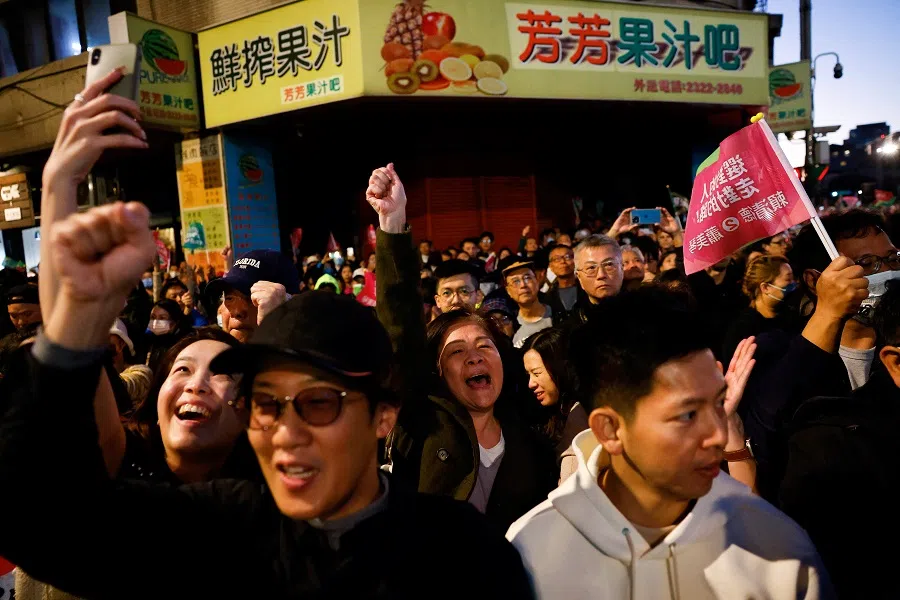
As a mainland Chinese who only knows how to speak Mandarin, I was petrified and did not say a word, worried that people might immediately find out and possibly beat me up for it. In the end, I dared not order food from the snack stalls near the rally and moved far away until I could no longer hear the noise from the rally. It was only then that I felt comfortable enough to eat my meal. I thought to myself: Could this be Taiwan's cultural revolution?
Radical Taiwan independence tore Taiwan society apart; the DPP and Chen, who pursued radical Taiwan independence, also tasted the consequences of playing with fire. The DPP lost the elections in 2008, and Chen was sent to prison.
Those who want armed reunification
If radical Taiwan independence is a manifestation of patriotic nationalism in Taiwan, public support for armed reunification can be said to be a manifestation of patriotic nationalism in mainland China. Although the mainland Chinese government maintains that peaceful reunification is still its first choice in resolving the Taiwan question and the use of force is the last resort under compelling circumstances, public support for armed reunification in mainland China is much more radical.
They believe that there is no longer any hope for peaceful reunification and that delaying armed reunification will only push Taiwan further and further away from mainland China, which will make reunification increasingly painful in the future. Thus, they want armed reunification to happen as soon as possible.
... both sides of the Taiwan Strait should perhaps consider the same question: how can love for one side of the Taiwan Strait be fostered without inciting hatred towards the other side?
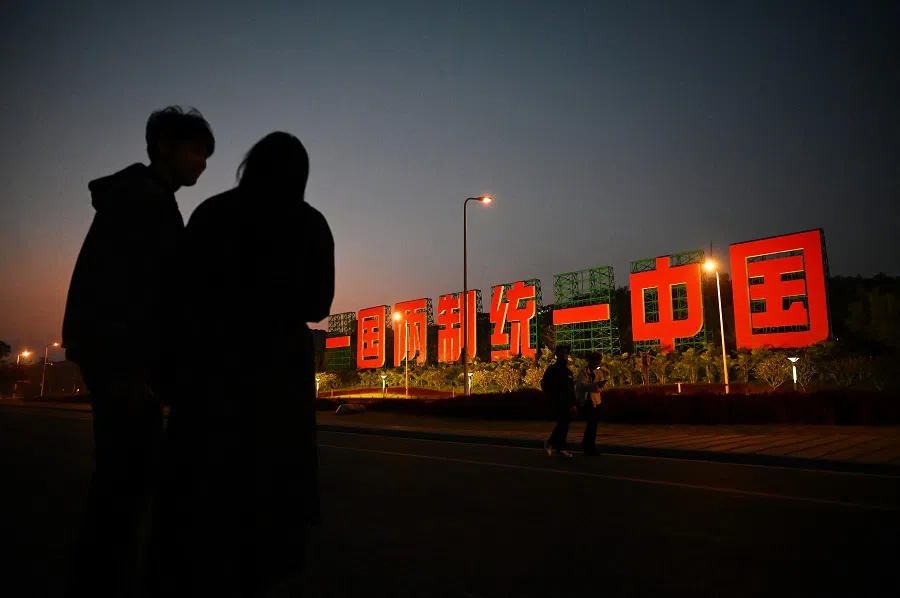
This stand runs counter to the mainland government's stance and is an expression of dissatisfaction towards the government's Taiwan policy. Sure enough, after conducting random phone surveys in nine mainland China cities in 2019, I found that residents were far more dissatisfied with the central government's Taiwan policy than they were with the government's overall work. At the same time, those who support armed reunification were more dissatisfied with the government's Taiwan policy than other groups.
Moving forward
How then should public support for armed reunification be dealt with? If it is not managed, more people will be dissatisfied with the government's Taiwan policy. But if such sentiments are suppressed, they will become even more dissatisfied with the government on the grounds of patriotism.
Therefore, both sides of the Taiwan Strait should perhaps consider the same question: how can love for one side of the Taiwan Strait be fostered without inciting hatred towards the other side?
The outcome of love is positive for everyone, but hatred is a double-edged sword; it may seem to strike the enemy, but in fact, it also harms oneself.
This article was first published in Lianhe Zaobao as "激进台独撕裂台湾 武统民意为难大陆".

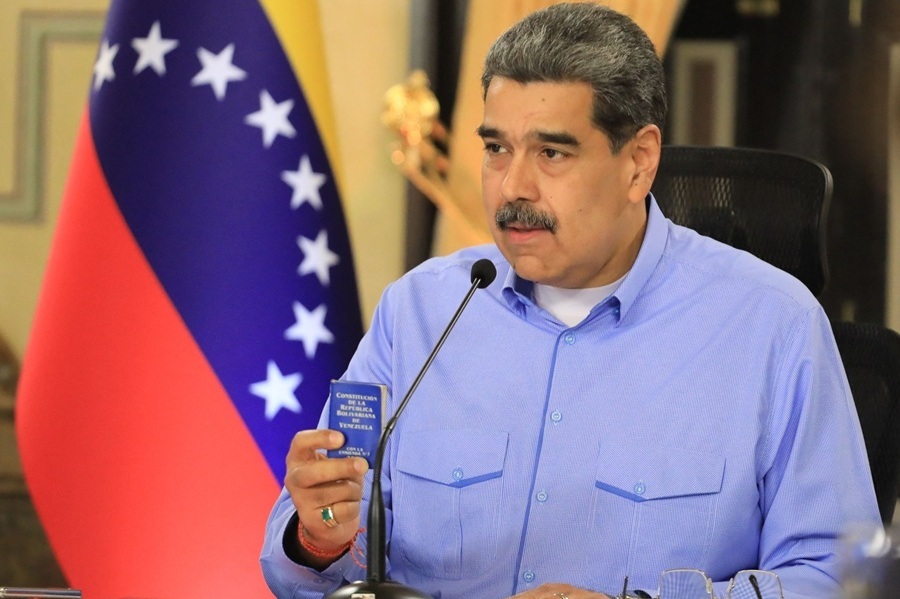
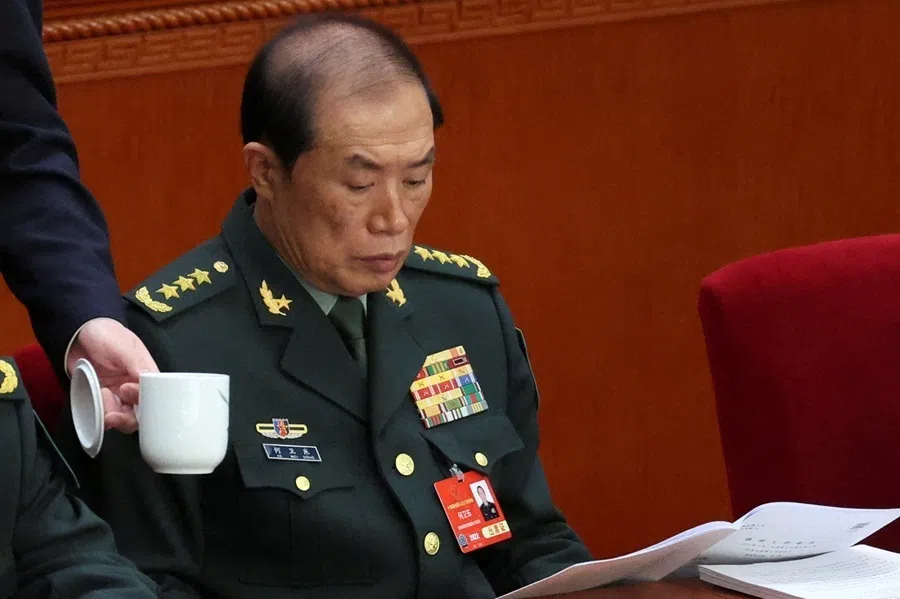
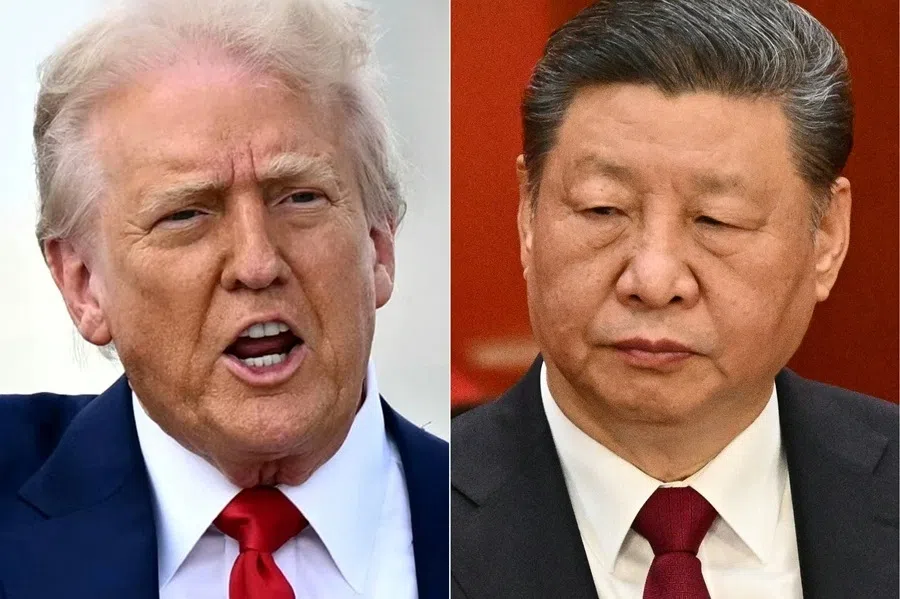
![[Big read] Prayers and packed bags: How China’s youth are navigating a jobless future](https://cassette.sphdigital.com.sg/image/thinkchina/16c6d4d5346edf02a0455054f2f7c9bf5e238af6a1cc83d5c052e875fe301fc7)
